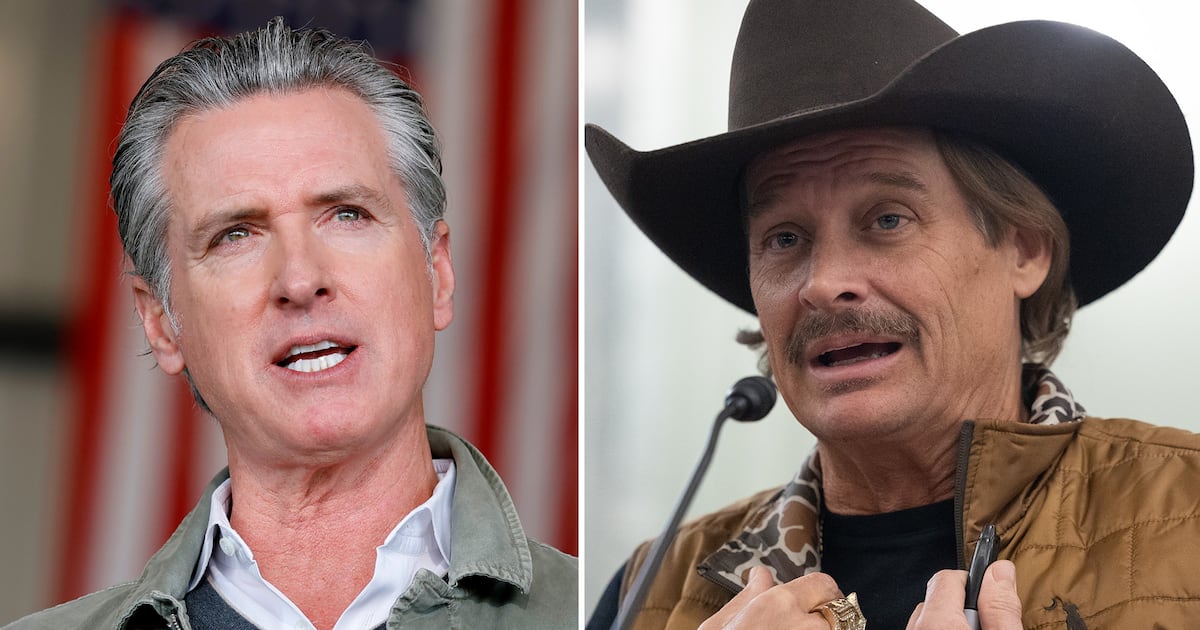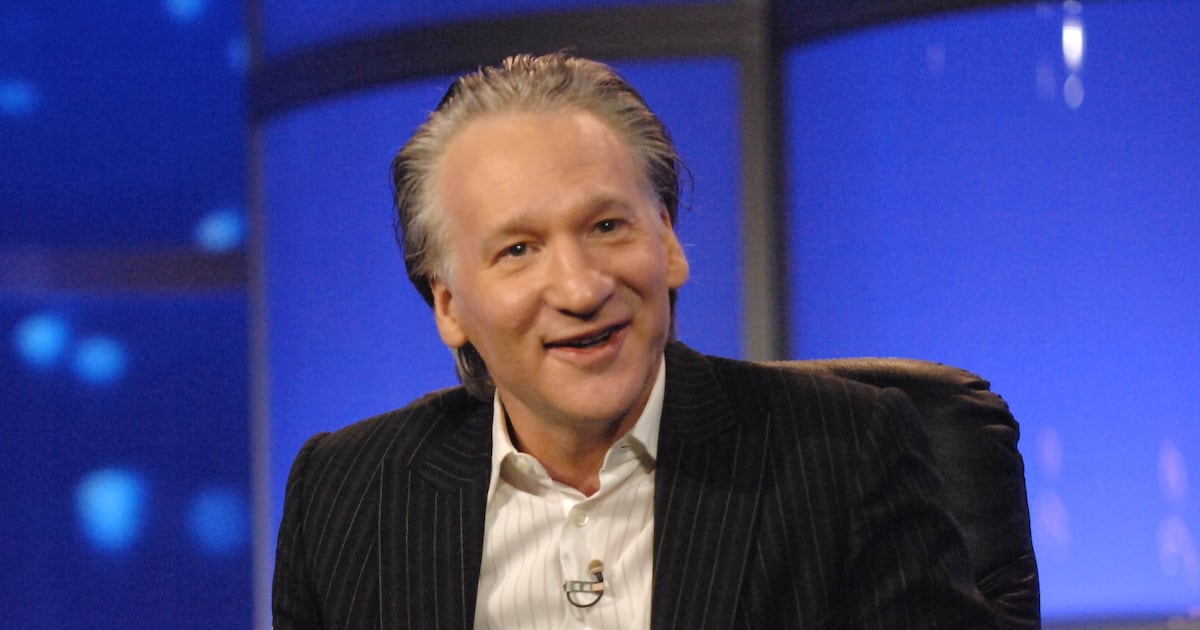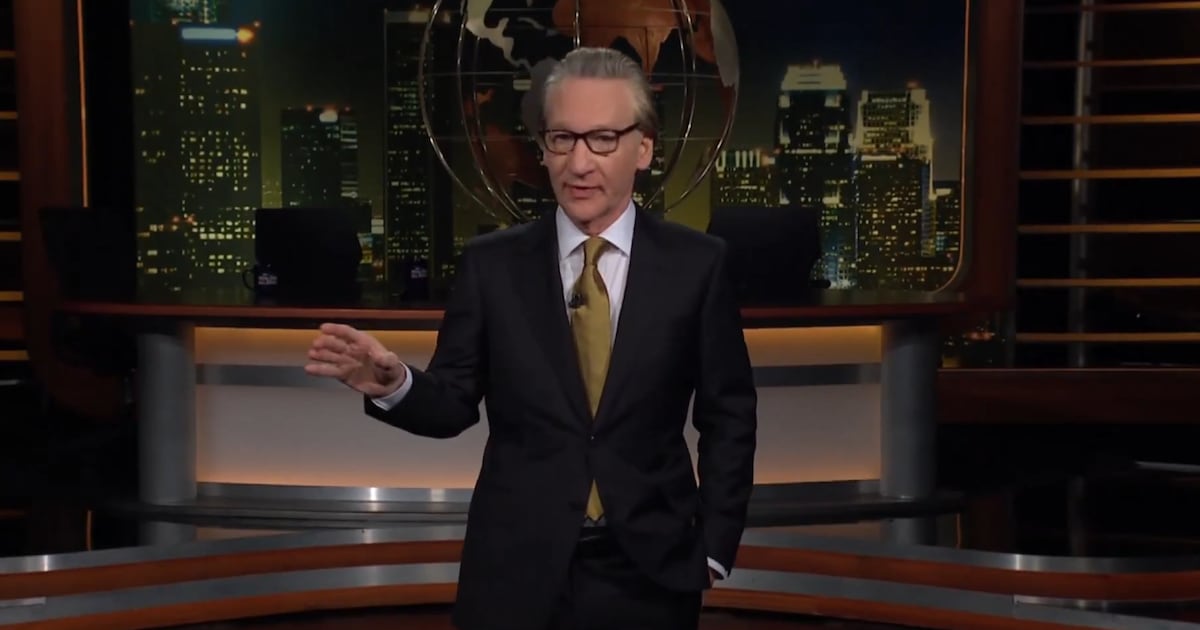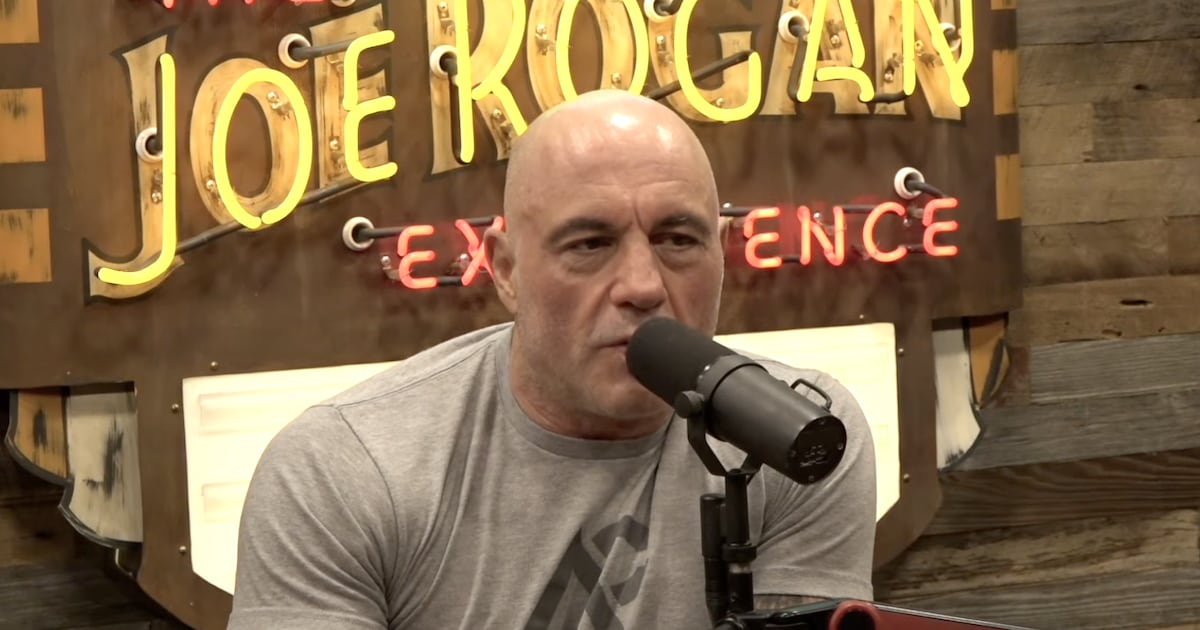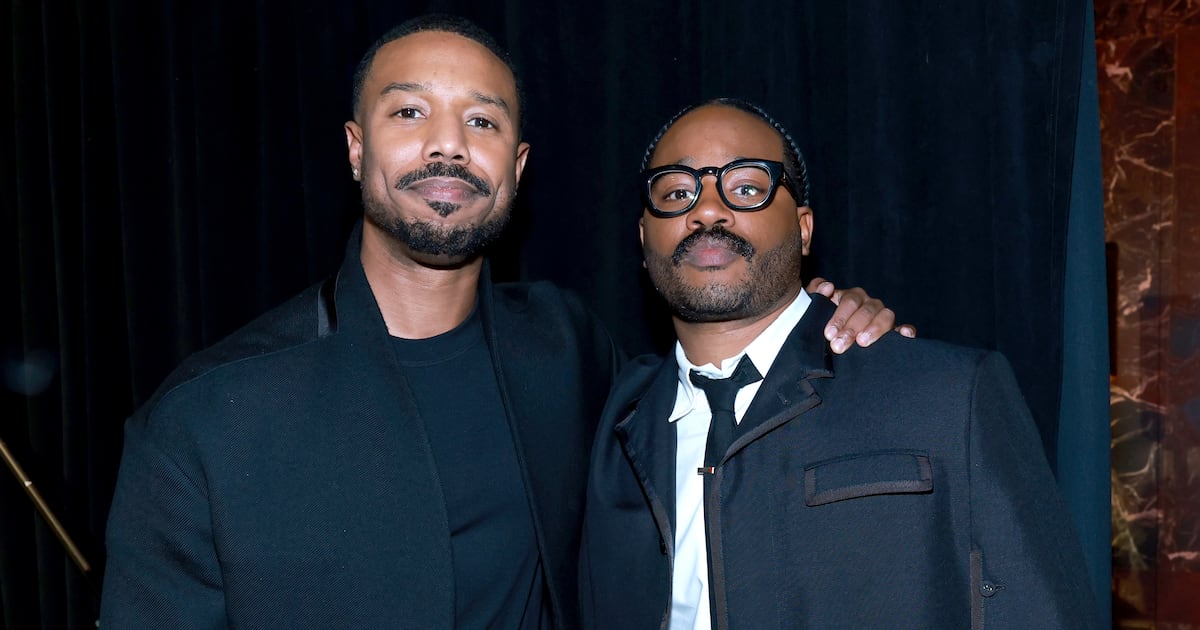Picture it: The year is 2005 (-ish). David Krumholtz, Seth Rogen, and screenwriter Will Reiser are all locked out of Rogen’s apartment and high as hell on marijuana. Rogen’s pretty sure his terrace is unlocked, but unfortunately for all of them, he lives on the second floor of a two-story building. It’s around now that Krumholtz hatches a brilliant, brazen idea.
“I had a vision,” Krumholtz told The Daily Beast’s Obsessed during a recent interview. “A stoned vision of myself climbing up the building and getting to that terrace and getting in.”
Sure, they could’ve called a locksmith, but where’s the fun in that?
There was a gate on the first-floor apartment below Rogen’s, Krumholtz explained, and as he looked at it, he realized he could probably shimmy up. (“I was in good shape,” he said. “I had been working out, so I knew I had the agility.”) All he had to do was put his foot right here, angle his body a little and reach up over there, and he could swing over to the terrace and save the day.
Call it a miracle or stoner’s intuition, but Krumholtz did the damn thing. “I scaled it,” he recalled, chuckling at the memory as his head turned, exposing the pizza rat embroidered into the side of his New York Knicks cap. “Seth and Will were just on the street cheering, ‘Yeeeahhhh!’ and I’m going, ‘Yeaaaaahhhh!’ The door was open, and I let them in.”

Heath Ledger, David Krumholtz, and Joseph Gordon-Levitt in 10 Things I Hate About You
Richard Cartwright / © Buena Vista Pictures / Courtesy Everett CollectionKrumholtz has collected too many stories like this to count during his decades in Hollywood. He landed his first role on Broadway when he was 13, and since then he’s become one of those unmistakable faces you notice everywhere—from The Addams Family Values, to the Santa Clause movies, to broadcast series and indie films, and, last year, Oppenheimer. This month, he’s begun sharing some of his wildest experiences on social media. From getting stranded at a wild party with a lesser-known Osbourne sibling to pissing off Hilary Duff at a Disney Christmas parade while high on Vicodin, they’re the sorts of anecdotes that many of us wish celebrities would share more often.
Unsurprisingly, they also generated some headlines along the way. By Thursday, however, Krumholtz had deleted his account because as he told The Daily Beast’s Obsessed in an email, “It’s ego feeding.”
But why is this established actor sharing all of these stories now? Is he working on a memoir, or perhaps working overtime to get us all into theaters for his latest release, the upcoming indie comedy Lousy Carter? When I caught up with Krumholtz via Zoom to ask him just that (and, naturally, pump him for more stories) he opened up about how working in Hollywood can often be a constant exercise in rejection. He also hopes that by documenting the most ridiculous highs and soul-crushing lows of his decades-long career, he can offer some hope to those who might be struggling in the industry. After all, he’s come a long way from the time he spent crying in a corner on the set of The Santa Clause 2.
“In my little way, I want to talk about the absurdity of celebrity and fame from a grounded perspective,” Krumholtz said. “To sort of bridge that gap and say, hey, it’s not like celebs don’t find the whole thing absurd.”
Krumholtz was still a teenager while working on the first Santa Clause, and during that shoot, he had a perfectly good time. As he recently detailed in an X thread, however, The Santa Clause 2 was a different story altogether. “I was such a mess,” he recalled during our interview. “I really was. You know, there are scenes in that movie that I recall, like, ‘Oh, my God that day, I was literally in a corner crying.’ And you would never know it. It’s a cheery Christmas movie. But I had a tough time on that movie.”
Part of the problem was the weather during filming in Vancouver—as Krumholtz recently wrote on X, it was raining “all day, err day”—and another stressor came down to logistics. Because the kids could only be on set for so long and star Tim Allen had a hard out in the afternoons thanks to his early-morning make-up schedule, Krumholtz often went from working with hundreds of kids to filming scenes alone with a bunch of tennis balls on sticks as stand-ins. While Krumholtz dealt with the stress and isolation of his shoot, the kids on set were blissfully ignorant.
“Some of the kids were, like, 5 years old,” Krumholtz told me. “So they [the film’s production team] said to both Tim and I, ‘Don’t ruin it for them, because they may actually believe that you’re Santa Claus and that you are Bernard the Elf. And Tim wanted nothing to do with pretending to be Santa. He was just like, ‘I got enough problems.’ Horrible makeup and a fat suit, and now he’s gotta do the whole act, like ‘What do you want for Christmas?’”
The shtick was easier for Krumholtz, so he played along. Still, he had to establish some healthy boundaries. “I carried hand sanitizer,” he said, “because you know, kids have boogers all over their hands and snot all over their stuff.”
Naturally, the handwashing was frequent on that set, but all that work netted Krumholtz at least one very famous fan. While attending the Monte Carlo International Television Festival, where he chatted up the Prince of Monaco, Prince Albert himself, Krumholtz also had a run-in with some American royalty.
“The Kardashians were there,” Krumholtz recalled. “I think it was Kris Jenner, and then it was Kim and Kourtney there. They came up to me. They were like, ‘Oh my God, we have seen The Santa Clause 150 times. We watch it every Christmas.’”
Kim Kardashian might be a major Bernard the Elf fan, but for the record, Krumholtz does not understand the not-insignificant portion of fans who’ve developed crushes on his character. “If I may speak to that, that’s so weird to me,” he said. “It’s strange. It’s way bigger than I thought it was. …I mean, do people have similar crushes on, like, Elijah Wood as Frodo?” (How do we break it to him that, well, yes?!)
Five years after The Santa Clause and a few years before The Santa Clause 2, Krumholtz landed in a film that would one day become an all-time classic—10 Things I Hate About You. It was a teen comedy based on Shakespeare’s The Taming of the Shrew from first-time feature director Gil Junger and even now Krumholtz looks back on the project as the most fun shoot of his career so far. At the same time, he said, “It’s hard to talk about how much fun it was in the specter of what ended up happening with Heath [Ledger], who was sort of the go-to, de facto leader of our ensemble.” (Ledger died in 2008 at the age of 28 from an accidental overdose.)
From Day One in making 10 Things, Krumholtz recalled, the cast immediately clicked. There was no “weirdo” in the group, and no one found themselves on the sidelines. “I think we knew we were making something that was a lot of fun,” he said. “On our days off, we’d hang out with each other and explore either Tacoma, Washington, or Seattle. There was weed, there was some drinking, and it all sort of flew by really quickly. It was just a great deal of fun. The crew was wonderful, and we had wonderful material to play with.”
Still, Krumholtz confessed, it can be difficult to look back on that experience now without feeling a little melancholy. When he remembers Ledger now, he said, “I think about a guy who I was certain that I would know my whole life—that would be 65 years old, [still] the life of every party. That’s who he was. When he smiled, he smiled with his entire soul.”
At the same time, without going into details, Krumholtz recalled that years after they’d filmed 10 Things, “we had experiences … where I saw him lose that soul.”

Cillian Murphy and David Krumholtz in Oppenheimer
Pictorial Press Ltd / Alamy Stock PhotoWhile Krumholtz has been having a blast sharing his gonzo anecdotes online, he’s also opened up about the dark side of being an actor—primarily, the ways that working in the entertainment industry can alienate people from their true selves, to devastating effect. “An actor’s product is their self,” he wrote last week on X. “… So. If selling self isn’t enough, then an actor is faced with a choice: Quit acting or change, adjust, transmogrify, contort into something other than self. Fake it until you make it. But from what I’ve witnessed and been party to, this causes actors deep paranoia and pain.”
Part of what motivated Krumholtz to write that thread was the memory of how amazed he was when he realized early on in his career that this work is hard for everyone, regardless of how famous they become. “The biggest stars in the world spend 90 percent of the time trying to get something made that will allow them to spread their wings and make a mark, and it doesn’t happen,” he said during our interview. “And that’s year after year after year. Even at the highest levels of my occupation of being an actor, there’s still a lot of struggle and exhaustion and second-guessing and paranoia. People do what they can to escape from that pressure.”
When it comes to Ledger, Krumholtz said, “I happen to know for a fact, without going into much detail—people don’t know this—but that he really did try to fix himself toward the end of his life. He knew that he knew he was in trouble. He knew he had a problem, and he was desperately trying to fix it. And I witnessed that firsthand.”
Taken together, Krumholtz’s threads speak to an industry that can raise a person higher than they’ve ever been, only to drop them into their lowest lows. As self-deprecating as Krumholtz can be, his long career in Hollywood is a testament to his own ambition. His Broadway debut at age 13 in Conversations With My Father launched him into several classic ’90s movies, and since then, he’s worked with the Coen brothers (twice), recurred in a hit HBO series (The Deuce), led a broadcast show for six seasons (CBS’ NUMB3RS) and, in the process, made a fan out of director Christopher Nolan, who recently cast him in Oppenheimer as the physicist Isidor Rabi.
When asked what his experience was like on the famously rigorous director’s set, Krumholtz had nothing but good things to say about Nolan—although he did share one anecdote that spoke to the, erm, rigor of his process.
“Chris is a lot funnier and a lot more sarcastic than he leads on to be,” Krumholtz said. “He’s a fun guy, and it’s disarming because at the same time, he is incredibly serious about his work and wildly focused on his very specific vision.” It’s true, he added, that on a Nolan set, you can’t really sit down. For the most part, you’re expected to be on set throughout the shoot—no going back to your trailer or hanging out on your phone. This theater-like environment normally suits him just fine, but one day, he found himself facing a very specific kind of pressure.
“I happen to be standing next to a sitting Robert Downey Jr., meaning, my butt is near his face,” Krumholtz said. “We’re in between setups, and you’re not supposed to move—you just stand where you stand. And I really had to flatulate. I had to fart really badly. I knew it was a bad one. I knew it was gonna rock Robert Downey Jr. And so, I had a choice, which is, walk away and potentially piss off Chris or fart in Robert Downey Jr.’s face.”
Krumholtz went with Option “B,” as most of us would. Within a matter of seconds, however, came the reprimand. “I went to a corner of the room and I did my thing, and I turned around and towering over me was Chris. …I turn around, and he goes, ‘What are you doing?’ Accusatory.” And when Krumholtz revealed what he’d done? “He was like, ‘You farted?’” Krumholtz said in his best disgusted British accent. “I say, ‘Yeah! We can’t even fart? Jesus Christ.’”
This year, Krumholtz is leaving the big, loud characters behind and diving into something a little different. In the indie comedy Lousy Carter, he plays the closest character to himself of his career. “I’ve done a bunch of these films where I’m the lead and you get paid 100 bucks a day and you do it for the love, or for a friend, or for the quality of the project,” Krumholtz said. “In this case, it was all three.”
Krumholtz’s friend, Bob Byington, wrote and directed the film, which co-stars Martin Starr, Olivia Thirlby, and Stephen Root. In the film, Krumholtz plays Lousy himself—a sardonic professor who finds healing in the revelation that he has only six months left to live.
“Once he gets the diagnosis, it gives him a chance to sort of make amends and also just be his real, true self,” Krumholtz said. “That’s kind of what the film is about. … I love it, and I’m proud of it, so I hope it gets seen.” The film will open with a digital and limited theatrical release on Mar. 29.
As eager as Krumholtz is to get back on a set for the next project, the work is no longer the center of his world. As a father of two, his children are his grounding force. That said, since becoming a father, he also believes that his acting has improved.
“I had to become a dad,” Krumholtz said as my eye wandered toward the playset that had been sitting outside behind him throughout our call, “because for me, acting wasn’t meaningful enough. No matter how much time I spent doing it, I couldn’t find meaning in my life through it.” At the same time, there’s still a push-pull between his urge to lay it all out there on social media and in interviews like this one, and the part of him that still carries the familiar fear that he might never work again.
“I’m paranoid about all of this,” Krumholtz confessed. “If I’m talking about Hollywood, I’m paranoid about doing this. And yet, there’s part of me that just doesn’t care anymore, you know?… I don’t have to be precious. There’s nothing precious about me. I’m just really glad to be here. That’s it.”
Those words made me think of one last anecdote Krumholtz had shared near the top of our conversation, about a moment from the set of the Coen brothers’ 2016 Hail, Caesar!

David Krumholtz, Tim Allen, and Spencer Breslin in The Santa Clause 2
©Buena Vista Pictures/Courtesy Everett CollectionWhen he first read the script for the comedy/mystery film, Krumholtz wasn’t sure what the writer-directors were trying to say. (As he put it, “I was just happy to be in a Coen Brothers movie.”) The true meaning of the project didn’t sink in until partway through filming, when the notoriously reclusive director Terrence Malick showed up unannounced one day during a break to see if the brothers were free for lunch.
At first, a production assistant tried to shoo Malick away, unaware of who he was, but eventually it all got sorted out and the three directors shared their lunch. Afterward, Krumholtz pulled Ethan Coen aside to comment on how wild it was that Malick had just shown up for lunch.
“Ethan said the strangest thing that made the script make a lot more sense,” Krumholtz recalled. He said, ‘We’re not that impressed by filmmakers.’ And he meant it.”
Much like the ending of Hail, Caesar!, when George Clooney flubs a line right before nailing his final take and driving home the movie magic, Krumholz realized that day that there was nothing precious about that casual encounter. It was just three guys sharing a meal together. That’s it.


